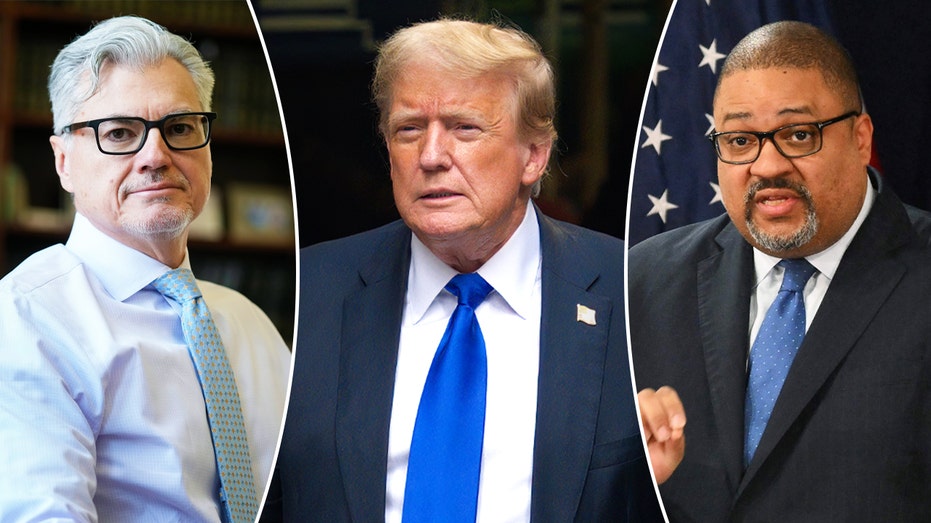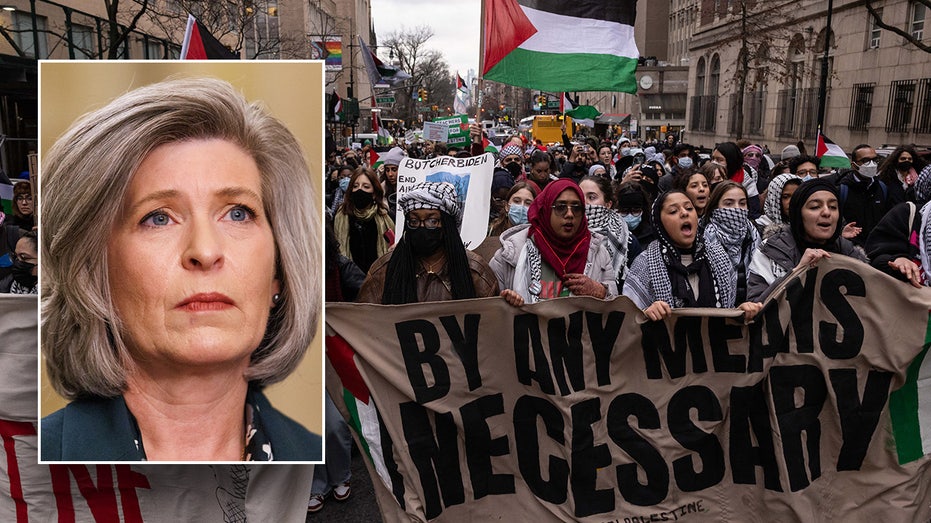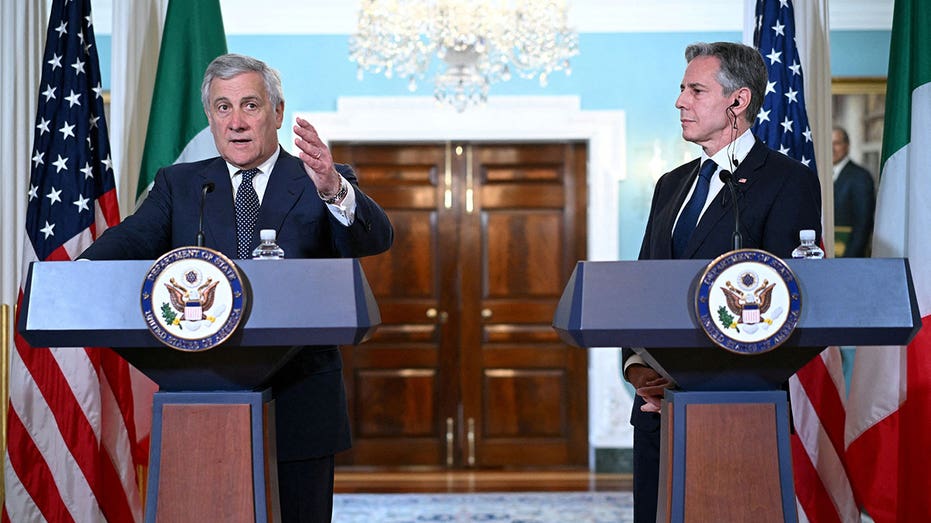A Yale Law professor suggests there is another strategy former President Donald Trump’s legal team could pursue to limit the impact of Manhattan District Attorney Alvin Bragg’s case on the 2024 presidential election, after a New York jury found the former president guilty of 34 felony counts of falsified business records.
In a newly-created podcast, titled Straight Down the Middle, Yale Law Professor Jed Rubenfeld took a look at what legal options Trump’s defense team have been left with following the jury’s verdict, as well as the appeal process that is slated to soon take place.
The most obvious path for Trump’s legal team to take in an effort to challenge the conviction is that of an appeal through the New York Appeals Court system in hopes of ending up at the Supreme Court – a process that Rubenfeld argued will take years to complete and could result in “irreparable harm.”
“Of course that would take years, and that’s a problem here. Why is it a problem? It’s a problem because the election will have taken place and if this conviction is unlawful and unconstitutional, it could have an effect on that election,” Rubenfeld, a Constitutional law professor, said on his podcast.
FORMER ATTORNEY GENERAL BILL BARR PREDICTS TRUMP’S CRIMINAL CHARGES WILL ‘BE OVERTURNED’
Pointing to surveys that show a “substantial number” of voters from the American electorate who say they will still vote for Trump in the upcoming presidential election if he is a convicted felon, Rubenfeld said, “If that’s true, an unlawful conviction in this case could interfere with, and in fact decide the outcome of, the next election of the next President of the United States.”
“Even if the conviction were reversed on appeal years later, that effect could not be undone. In legal terms, that’s called irreparable harm,” Rubenfeld said.
If the conviction were to be reversed on appeal down the road, Rubenfeld suggested that Bragg and Judge Juan Merchan would have “unlawfully interfered with the election and decided the outcome of the next election through unconstitutional means.”
“And no years-long appeal could have any effect on that,” he added.
Despite media reports, Rubenfeld insisted that it’s “not true” that Trump is already a “convicted felon,” arguing that one is “not a convicted felon because of a jury verdict.”
“You are not convicted until the judge enters that judgment of guilt. Now, in New York, it’s very likely that Judge Merchan will enter that judgment of guilt against Trump on the same day that he issues sentencing. That’d be July 11th.”
Rubenfeld insisted there’s “one other avenue” Trump’s attorneys could take in combating the conviction — to sue in federal court and “ask for an emergency, temporary restraining order.”
Outlining what that effort would look like, Rubenfeld said: “In this federal action, Trump would sue District Attorney Bragg and other state actors and ask the judge, the federal judge, for an emergency temporary restraining order halting Judge Merchan from entering that judgment of guilt until the federal courts have had an opportunity to review and rule out the serious constitutional arguments that exist here.”
Rubenfeld, expressing concern over how it’s a “bad look for this country” to criminally target former presidents for “unclear” crimes, also outlined what he believed to be problems with the case surrounding Trump.
WHAT HAPPENS AFTER TRUMP’S CONVICTION? LEGAL EXPERTS BREAK IT DOWN
“Going after, criminally, a former president of the United States and somebody who is running for president now, that’s a very bad look for this country,” he said. “It’s an especially bad look when the folks bringing the case and the judge deciding it are members of the opposing political party. And it’s an even worse look when the crime is so unclear that the state is hiding the ball about what the actual charges are right up through the trial and indeed into the trial.”
‘”Even now, we don’t know exactly what the jury found Trump guilty of,” Rubenfeld added.
Rubenfeld said those who criminally target members of opposing political parties, in this case Trump, the “poll-leading candidate,” then they “better have the goods.”
“You better not be pursuing some novel legal theory where you have to hide the ball [and] it’s not even clear what the charges are,” he said. “That could be a very dangerous precedent for this country. A very bad and dangerous precedent.”
“That’s why it’s so important for a federal court to review the constitutionality of this prosecution and decide was it constitutional or was it not,” he added. “The only way to achieve that before the election takes place is for the Trump team to file an action in federal court and ask the federal court to temporarily hold off the entry of the judgment of guilt until the federal courts, and maybe the Supreme Court itself, can, on an emergency basis, adjudicate the likelihood of success of these constitutional arguments.”
If that doesn’t happen, Rubenfeld said, then “that ‘irreparable harm’ danger that I mentioned before, well, that’s where we are.”
“But if it does happen, the nation could get a ruling from the federal courts, even the Supreme Court of the United States, before the election takes place,” he said. “Maybe that’s what the nation needs, and maybe that’s what the law requires here.”
CLICK HERE TO GET THE FOX NEWS APP
Last week, at his trial in Manhattan, Trump was found guilty by the jury on all 34 counts of falsifying business records related to the hush money payment to adult film actress Stormy Daniels in the lead up to the 2016 presidential election.
Trump is scheduled to be sentenced on July 11 and could be sent to prison, just days before the Republican National Convention is slated to take place in Milwaukee, Wisconsin.




